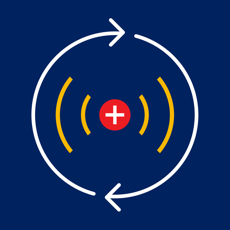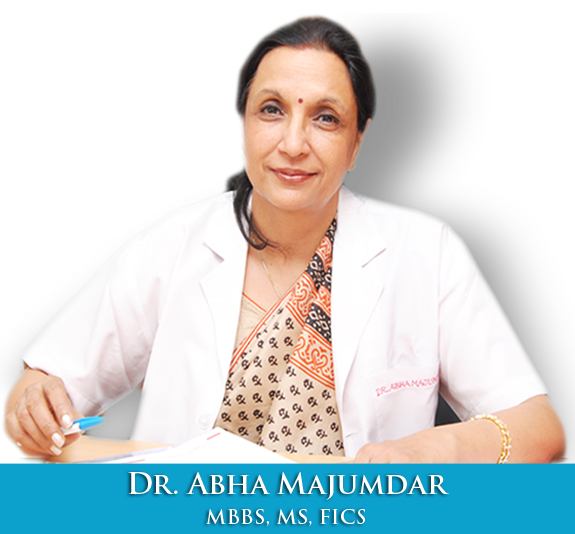Ovarian Stimulation
IVF begins with fertility medications to stimulate the ovaries to produce multiple eggs. The goal is to retrieve several mature eggs for fertilization. Patients are monitored with:
- Transvaginal ultrasound scans
- Blood hormone level tests
Once follicles are mature, ovulation is triggered with hCG, and egg retrieval is scheduled 36 hours later.






